Department of Aquatic Resources
The research of the Department of Aquatic Resources focuses on fish and shellfish in the seas, lakes and rivers. We monitor the aquatic environment, developing the methods and know-how for sustainable use of aquatic resources.
SLU Aquas krisledningsgrupp aktiverad
In connection with the boating accident in Oxelösund, in which two men in their 60s lost their lives while out on a fishing vessel on Christmas Day, SLU Aqua’s crisis management team has been
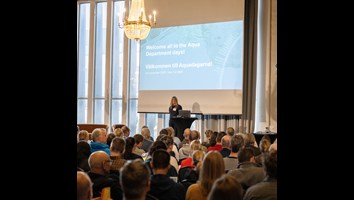
Prefekthälsning SLU Aqua
Hello! Many thanks again for the wonderful turnout at this year's Aqua Days. It was such a pleasure to meet all of you, and truly impressive to have almost all Aqua’s combined expertise gathered in
The yearly flu vaccination - 2025(2)
From autumn 2025 onwards, seasonal flu vaccinations will be offered to all SLU employees and will be paid for centrally by SLU. Vaccinations can be carried out by the occupational health services (
Resultat från utvärdering av internkommunikationen på SLU Aqua
Now you can access the results from the evaluation of the internal communication at SLU Aqua. See the results from the evaluation (PDF). Please note that the results do not include any free-text
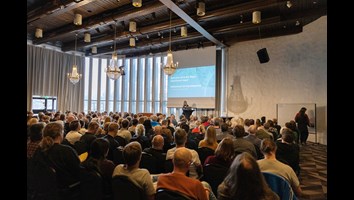
Utvärdering av årets Aquadagar
Now it's time to evaluate this year's Aqua Department days! Thank you all for participating in our Aqua Department days 2025: One Aqua – Our Aqua. We hope the event offered inspiration, new insights,
Välkommen till institutionsdagarna 2025 på Billingehus i Skövde
On December 3–4 it’s time for SLU Aqua’s Department Days 2025. A warm welcome to Billingehus in Skövde. Information about the Department Days will be continuously updated on this page. For
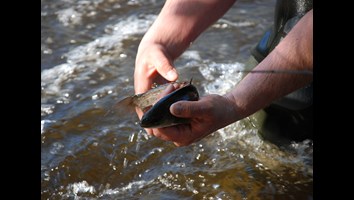
SLU:s fiskeriförsöksstation i Älvkarleby har nu stängt för gott
After more than 100 years of operation, Sweden’s first facility for compensatory fish farming of salmon and trout has now permanently closed its doors. The Swedish University of Agricultural Sciences
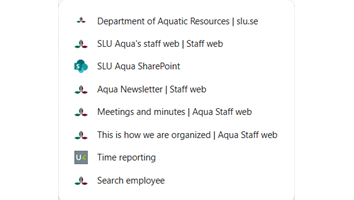
Bokmärken till din webbläsare
To make it easier for you to quickly navigate SLU Aqua’s internal channels, storage areas, and more, ready-made bookmarks (shortcuts) are now available for direct import into your browser. With just
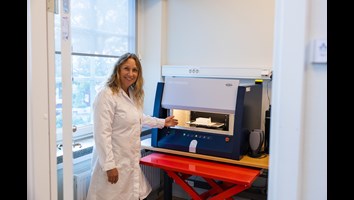
Mikro-XRF-maskin öppnar nya möjligheter för forskning och miljöanalys vid SLU
After several years of planning, SLU Aqua has finally installed its own micro-XRF machine at the Institute of Coastal Research in Öregrund. The technology that makes the invisible visible – this is

Hjälp oss att utveckla den interna kommunikationen på SLU Aqua
How well does our internal communication at SLU Aqua actually work? We’d really like to know! Brief background In 2021, we conducted a review of the internal communication at SLU Aqua to see how it
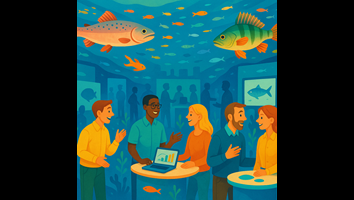
Minimässa vid SLU Aquas institutionsdagar 3-4 december 2025
We are all curious to know more about SLU Aqua’s work! That’s why we are organising a mini fair during this year’s Department Days – a chance for you to show what you’re working on, share results,
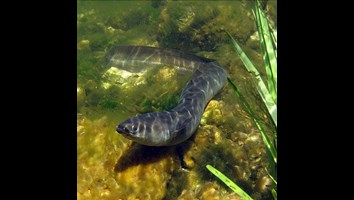
Fiskestopp gav fler ålar på Västkusten
The number of eels leaving the Swedish west coast to spawn in the Sargasso Sea has increased since eel fishing was closed in 2012. This is shown in a new study from the Swedish University of
